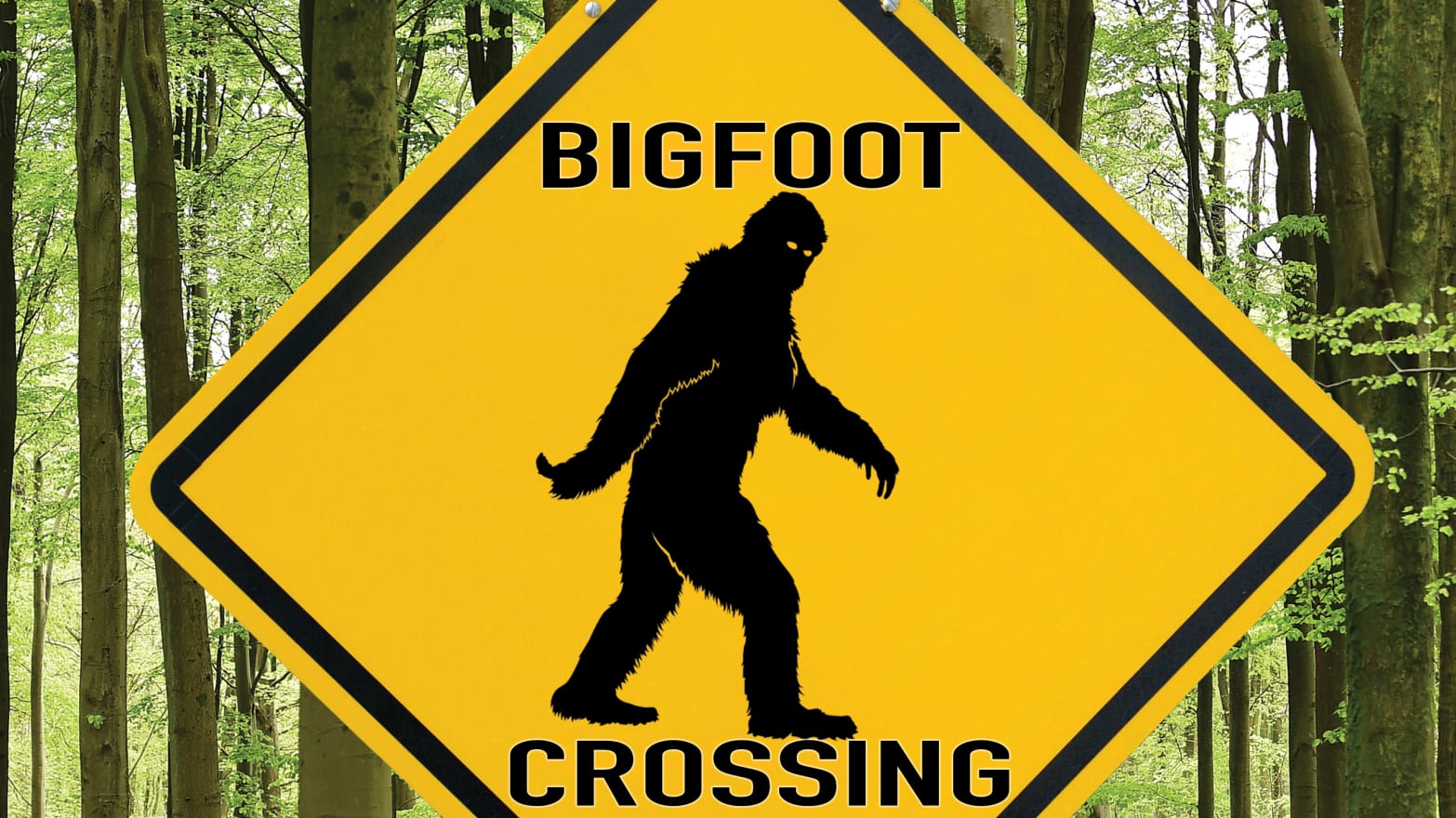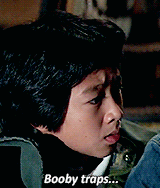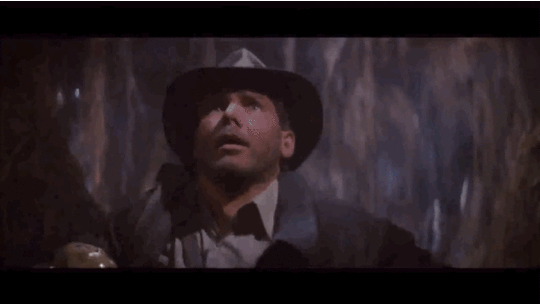What do you think?
Rate this book


286 pages, Hardcover
First published June 16, 2020
I found a way, I found a way to survive with them. Am I a great person? I don’t know. I don’t know. We’re all great people. Everyone has something in them that is wonderful. I’m just different and I love these bears enough to do it right. I’m edgy enough and I’m tough enough. But mostly I love these bears enough to survive and do it right. – from the video diary of Timothy Treadwell, self-proclaimed “Grizzly Man,” recorded right before he was eaten by a bear
On April 1, 1969 the Board of Commissioners of Skamania County, Washington State, adopted an ordinance for the protection of sasquatch/bigfoot creatures (Ordinance No.69-01). Although it sounds like an April Fool's Day joke, it was an official ordinance. It was published in the local weekly newspaper, Skamania County Pioneer on April 4 and April 11, 1969. Because people did not take it seriously, the newspaper publisher had the article notarized on April 12, 1969, and printed both the ordinance and an Affidavit of Publication in a subsequent paper edition. - Courthouse Libraries- BCThere are several things going on in Max Brooks’s latest novel, Devolution. First and most obvious is the notion of Bigfoot. The conceit of the novel is that following Mount Rainier going full lava, a small community in Washington State is cut off from the world and is massacred by a troop of Bigfoots (Bigfeet?) or Sasquatch. This is a fun look at the real-world possibility of something being out there. Well, maybe not so fun for the victims. If there are yeti-type creatures tramping about in the woods, how did they get there? Where did they come from? Why did they come? Or did they originate here?


It’s great to live free of the other sheep until you hear the wolves howl.





Adversity introduces us to ourselves.
The Written Review
Hey! January 2021 Reading Vlog is up!!
Greenloop was supposed to be the perfect eco-friendly town - located an hour and a half south of Seattle and accessible only by a single road.
“I think the human mind isn’t comfortable with mysteries. We’re always looking for answers to the unexplained. And if an answer can’t come from facts, we’ll try to cobble one together from old stories.”
“Why are we always looking for someone else to save us instead of trying to save ourselves?”And at first, things went well. Some dealt better with the eruption than others but overall it is good.
“ Is there something about how we’re wired, something universally human?”This book worked surprisingly well.


Again, you can't just blame Tony, or even the whole tech industry, for not being prepared. They all should have had emergency supplies on hand, but, really, who does? How many people in L.A. have earthquake kits? How many midwesterners are ready for tornadoes or northeasterners for blizzards? How many Gulf Coast residents stock up for hurricane season? I remember partying in New Orleans before Katrina and people talking about "when" the levees fail. Not "if," "when!"
And that's just the dramatic stuff. How many have a fire extinguisher in their kitchen or emergency flares in their car? How many of us have opened the medicine cabinet in the middle of the night to find that one pill bottle we so desperately need has a long-expired label?




 come to my blog!
come to my blog!

It’s great to live free of the other sheep until you hear the wolves howl.
...
They all want to live in harmony with nature before some of them realize, too late, that nature is anything but harmonious.
...
Bigfoot’s as American as apple pie and guns in schools.